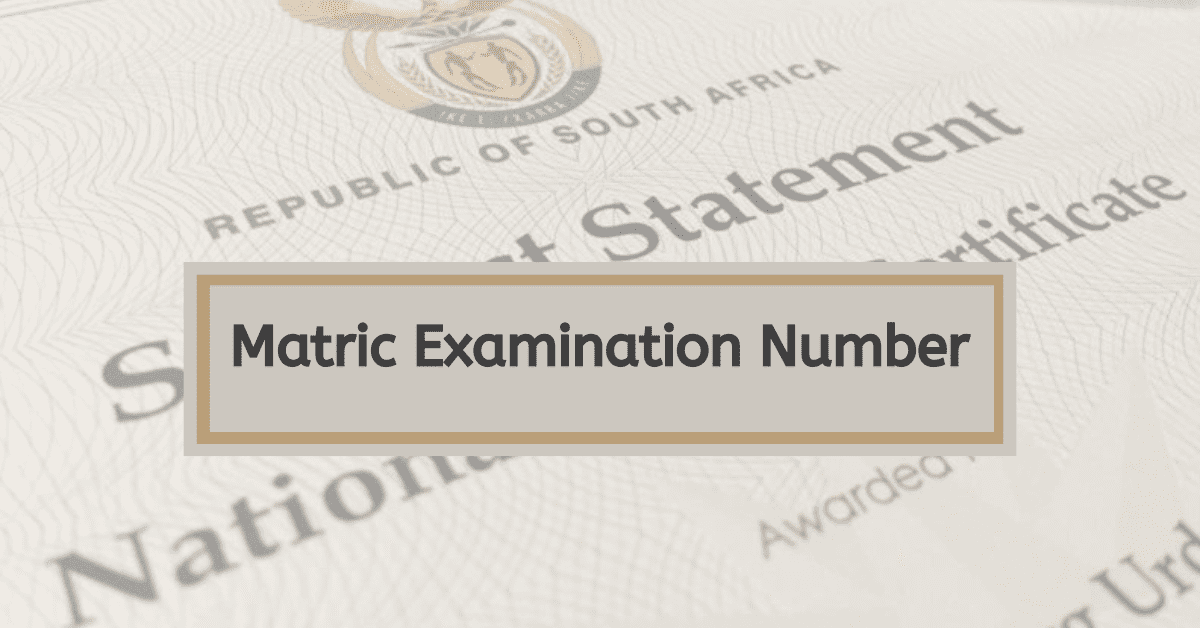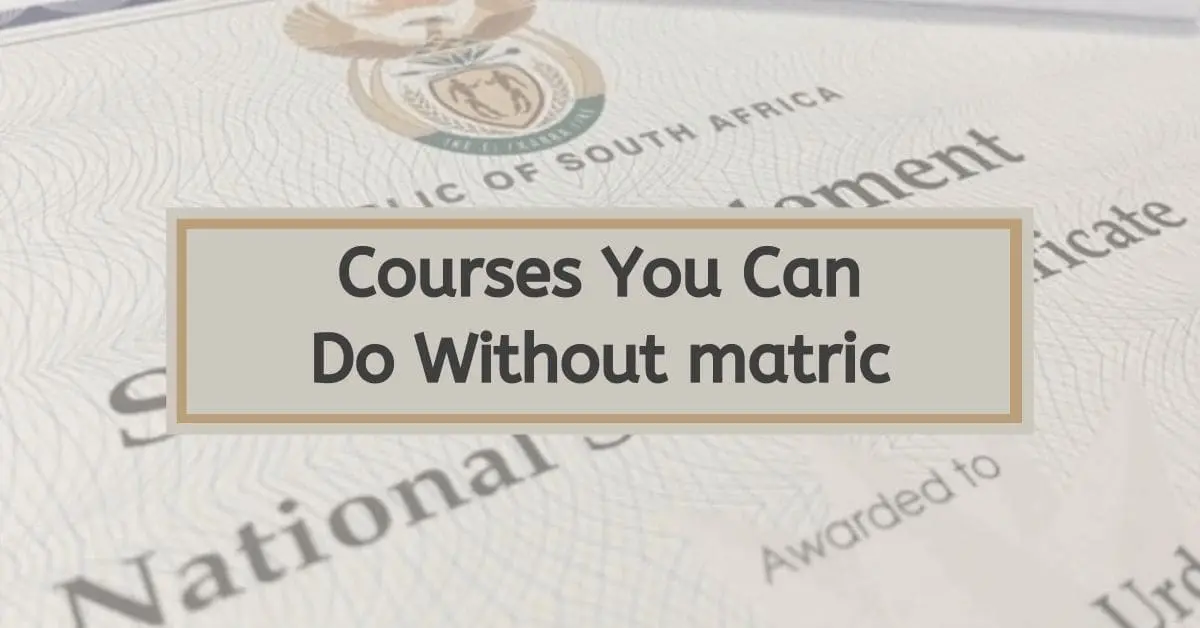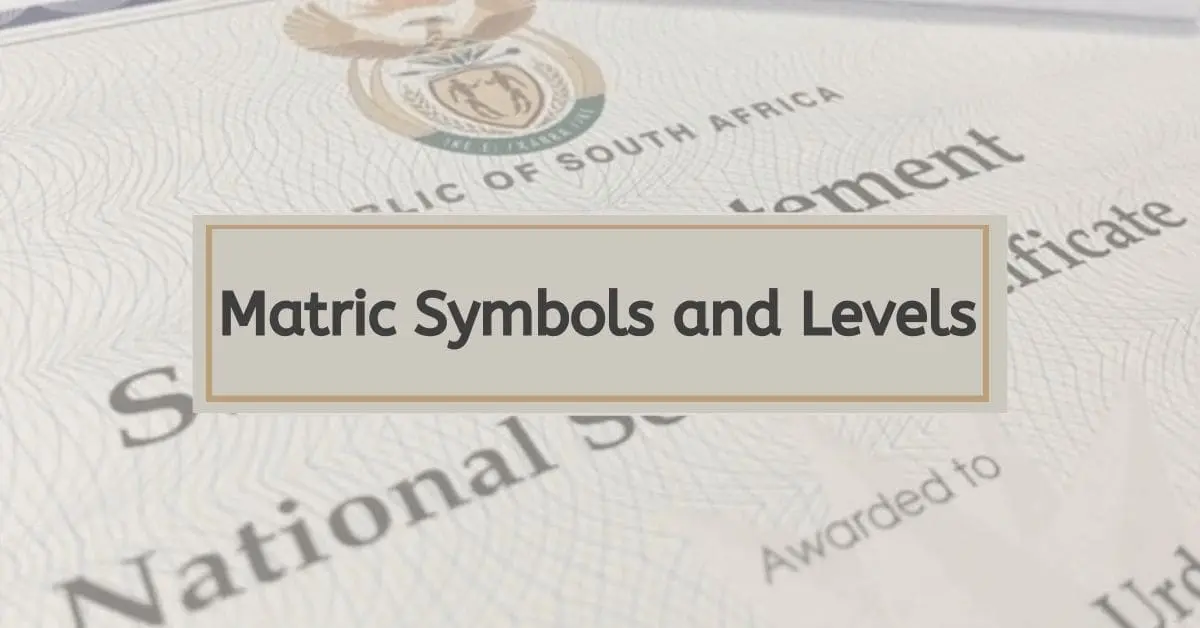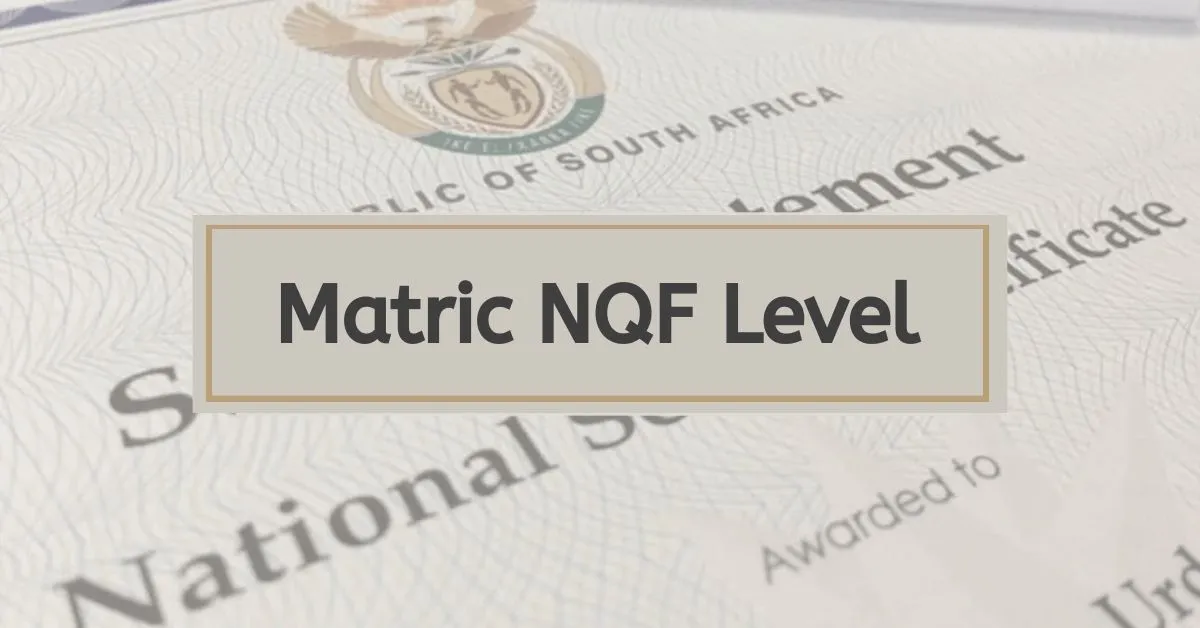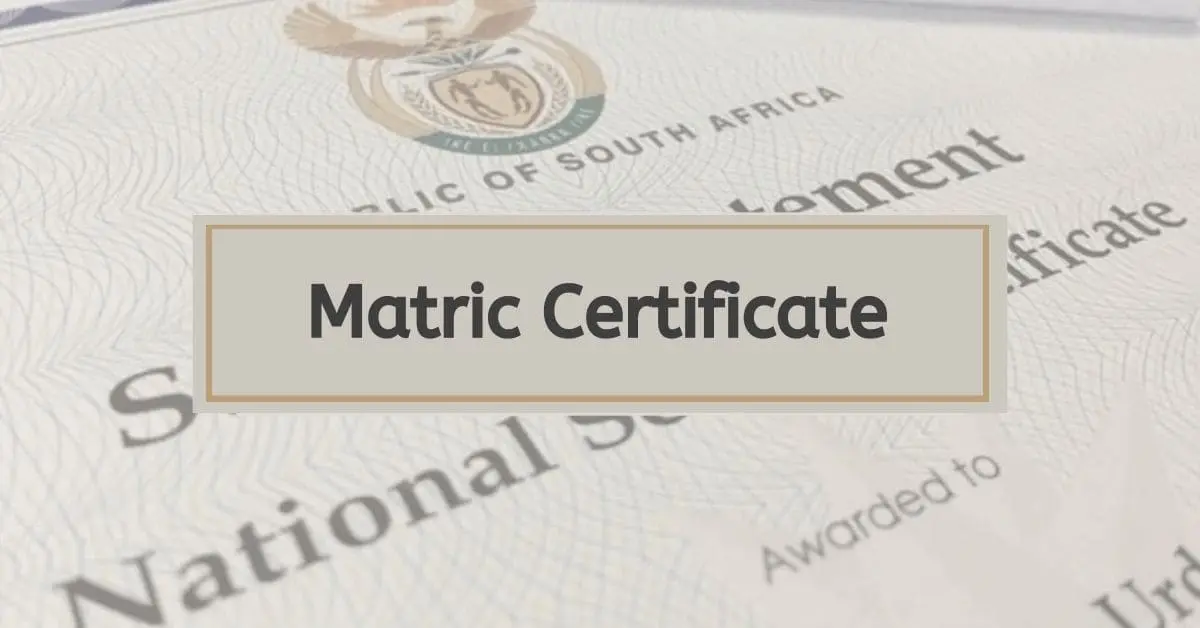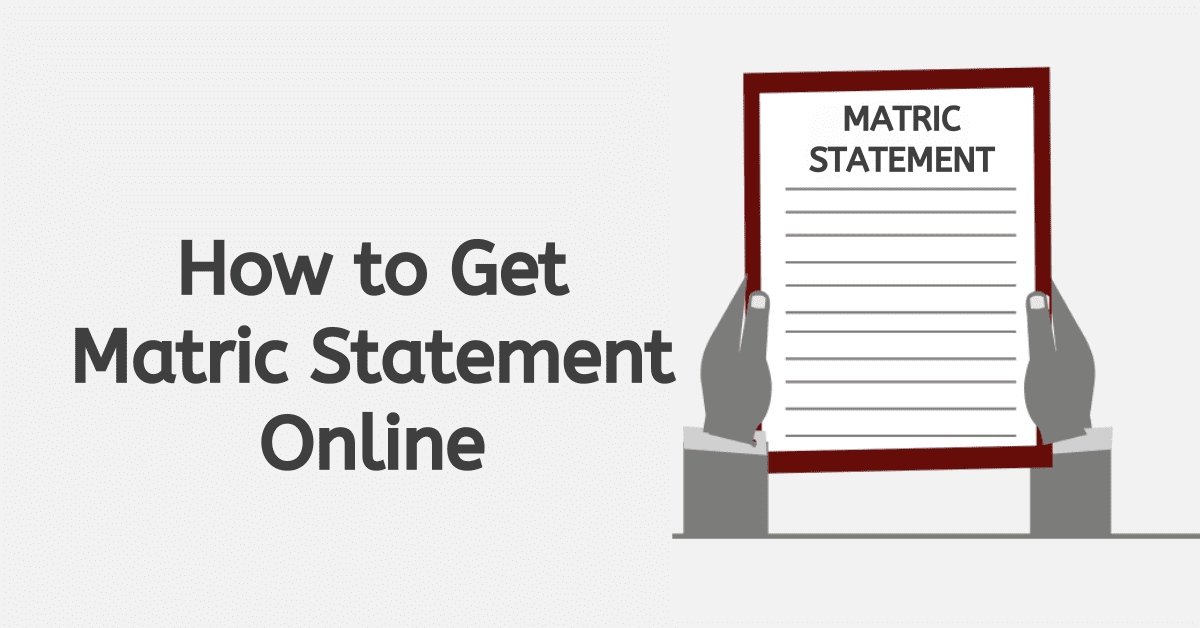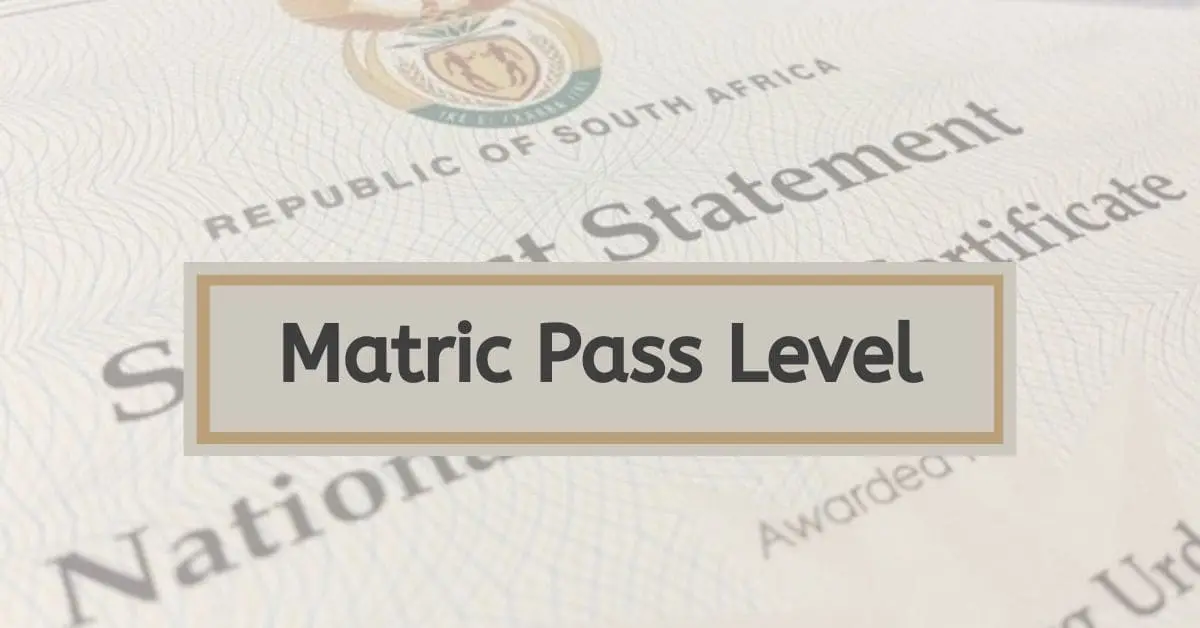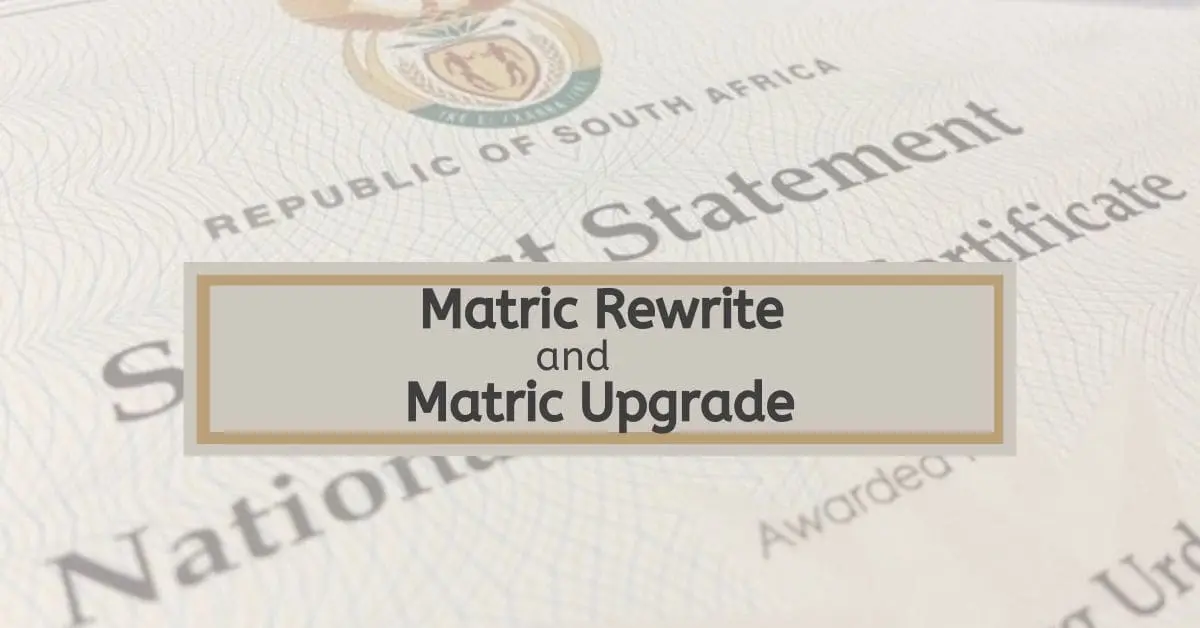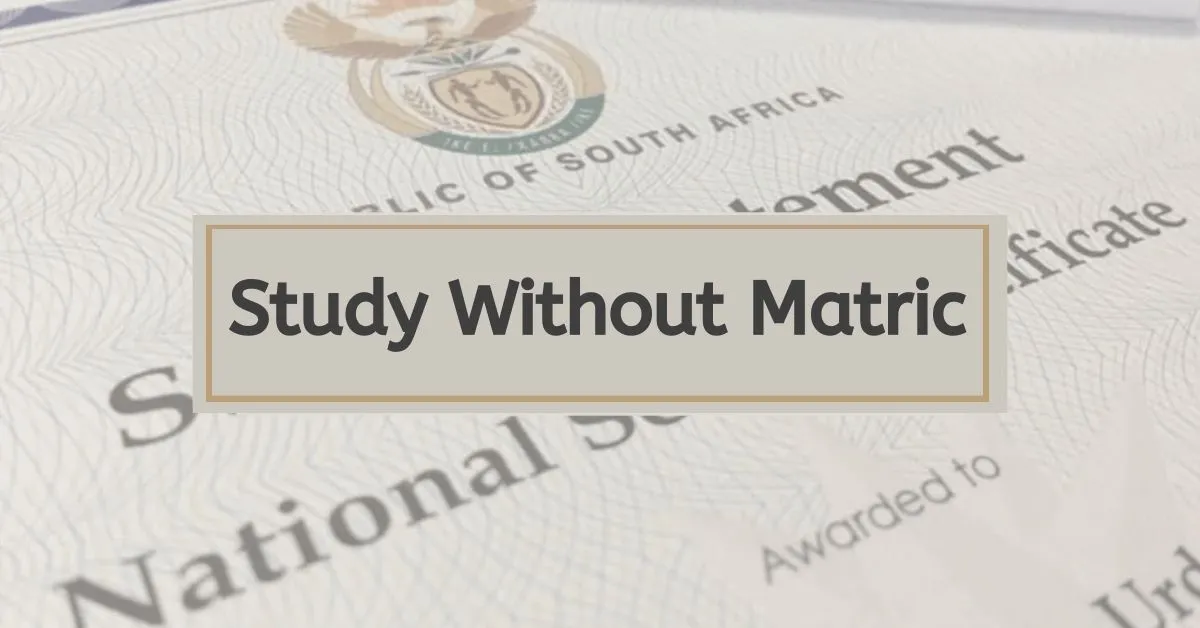Your matric results are not quite as simple as receiving one overall pass or fail. Instead, there are combinations of requirements you must meet to pass matric, and to determine which of the four pass categories you will fall into. Additionally, there is a factor known as your APS score, or ‘matric score’, which will also affect what level of matric pass you receive. This can make your overall matric results feel very difficult to understand- but don’t worry, we are here with the information you need to help you better understand the calculation of your matric score.
How Do You Calculate Matric Score?
Properly speaking, your ‘matric score’ is your APS score. Every subject you write is graded as a percentage. For example, you might receive 80% on 3 subjects, and 70% on your others. This final grade is then used to assign APS points to the subject. Here’s how that is done:
- Grade of 80%-100%, 7 points earned
- Grade 70%-79%, 6 points earned
- Grade 60%-69%, 5 points earned
- Grade 50%-59%, 4 points earned
- Grade 40-49%, 3 points earned
- Grade 30-39%, 2 points earned
- Grade 0-29%, 1 points earned
These scores are then added together to determine your final APS score. For each type of Matric Pass (with Bachelors, with Diploma, with Higher Certificate, and a Standard Pass), there is a minimum number of APS points needed. Don’t forget it’s not just about points, however- there are also specific subjects or subject types that must be passed for each category. Life Orientation is excluded from the APS score.
How Many Subjects Do You Count for Points?
You will count your 6 subjects to get your AP Points- while a compulsory subject, Life Orientation cannot be used towards your AP Score points. This means that the highest possible amount of points for matric you can receive is 42- 7 points from each of the 6 subjects.
How Many Points is a Senior Certificate?
How many points your Senior Certificate receives will depend on your results. If you want to see how many points are earned per subject, check out the list we offered above. The minimum points you can get and receive your Senior Certificate is 14. You can receive up to 42.
A Senior Certificate works a little differently from the National Senior Certificate received by high school graduates. The key difference is that a Senior Certificate (Adult Matric
How Many Points is a Grade?
The exact amount of matric points you receive depends on the grade for the subject. Should you receive 80% or higher, you will receive the maximum amount of points- 7. You lose a point per 10% drop thereafter. So 70% to 79% earns 6, while 60%-59% earns 5, and so on. Effectively, this means there is 2 points for receiving a pass of 30%, and an additional point per grade above that. However, it is much easier to work with the percentages!
How Many Points is a Higher Certificate in Matric?
A Higher Certificate in Matric requires 15 points to receive. It means you passed above the basic minimum requirements. This should allow you entry into some private college courses as well as certificate-based programs. Above the Higher Certificate pass is the Diploma pass (entrance into diploma programs and Technical Universities/Technikons) and the Bachelor’s Pass (entrance into traditional university programs).
However, receiving your Higher Certificate pass isn’t just about the total number of admission points. There are other benchmarks which you must achieve. You must pass 6 of your 7 subjects, with 40% or more in your home language and two other subjects. You must receive at least 30% for four other subjects.
Calculating your matric score may seem intimidating, but when you break the system down it is actually surprisingly simple. Remember you will need a matric score of at least 14 to pass, 15 to receive the Higher Certificate pass, 19 to receive the Diploma Pass, and 23 to receive the best possible result, the Bachelor’s pass. Don’t confuse these levels with the distinction system. You receive distinctions per subject when you pass with more than 80% in the subject.
Hopefully you now better understand the matric score system, how it ties in to the minimum requirements for each matric pass level, and what it means for your future educational prospects. We hope your results are everything you expect!

